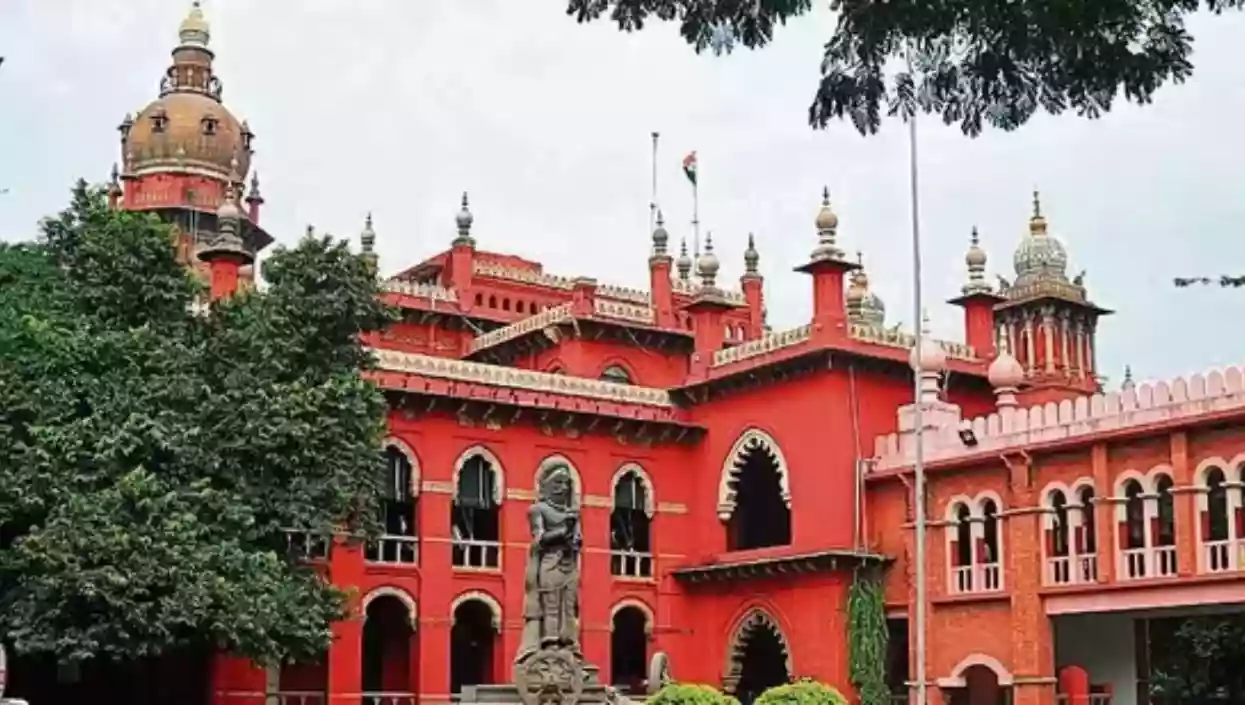11.34 lakh stolen from passenger's bag in broad daylight on Kolkata bus
.gif)
.gif)

The Madras High Court has taken significant steps to address the sexual assault of a 19-year-old engineering student inside Chennai's Anna University campus. On Saturday, the court ordered the formation of a Special Investigation Team (SIT) to probe the case, citing lapses in the existing investigation. It also directed the Tamil Nadu government to pay ₹25 lakh as interim compensation to the survivor.
The survivor was attacked on December 23 while sitting with her male friend in an open area on the campus. The accused, Gnanasekaran, reportedly assaulted the survivor's friend before dragging her behind a building and sexually assaulting her. He was arrested shortly after the complaint was filed.
The case drew outrage after the police revealed the survivor’s details in the first information report (FIR), violating her right to privacy. Criticizing this breach, the court slammed the police for using "deplorable" and "misogynistic" language in the FIR, which it said facilitated victim-blaming. The bench of Justices SM Subramaniam and V Lakshminarayan stated that such actions aggravate the trauma faced by survivors and undermine their dignity.
The court also emphasized societal responsibility in protecting women and condemned the cultural stigma that often shames victims rather than holding perpetrators accountable. Referring to constitutional guarantees, the bench declared that the FIR’s wording violated Article 21, which protects an individual’s right to dignity and autonomy.
Meanwhile, the National Commission for Women (NCW) has constituted a fact-finding committee to investigate the incident. Taking suo motu cognizance, the Commission criticized the Tamil Nadu Police for negligence, pointing out that the accused is a habitual offender emboldened by systemic failures.
The HC’s order also includes directions to provide security for the survivor and her family. The court urged authorities to adopt a more sensitive approach in handling such cases, ensuring that survivors are supported rather than further victimized by societal and institutional biases.